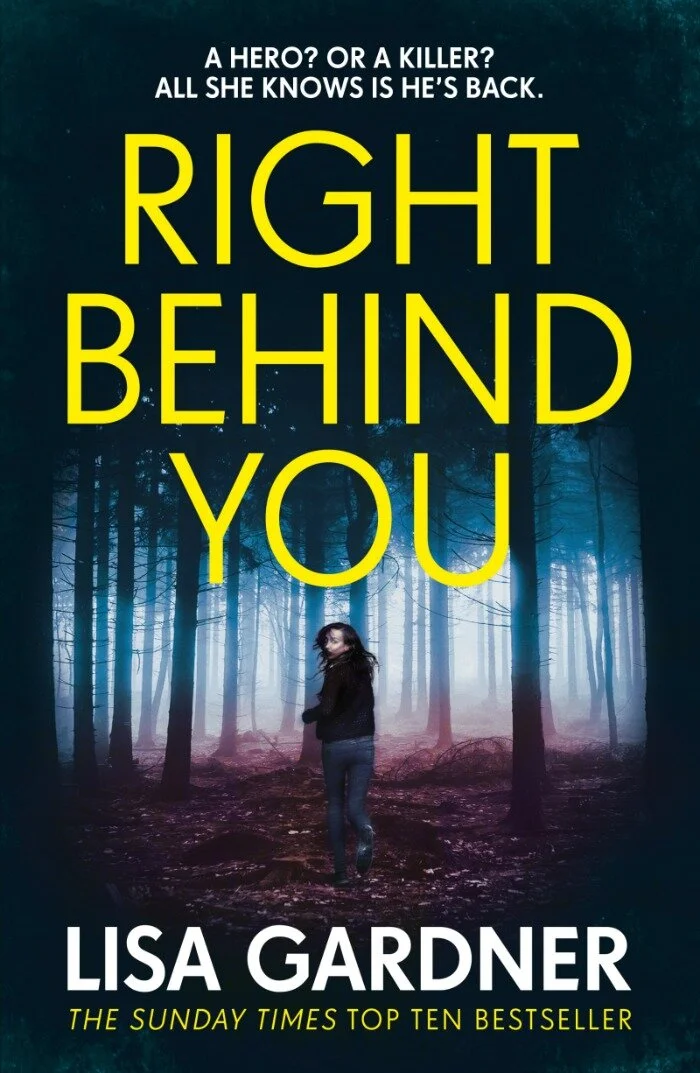The Bitter Twins by Jen Williams. Advance Reader Copy (ARC) from the publisher, Headline, included. No affiliate links used. You can read my full disclosure policy here.
Today’s 5 questions with… interview is a little different because my husband, Paul, asked the questions. Publication of Jen Williams’ books has either coincided with our wedding anniversary or Paul’s birthday, so they have always made up a part of my gifts to him. So when the opportunity arose to interview Jen as part of the blog tour for her latest novel The Bitter Twins, it seemed appropriate to hand the reins over to Paul.
In fantasy there is an adage, you have to start with a map; are you a mappest or do you begin somewhere else? If so, where?
I’m not a big map person, which is a bit of a controversial stance when it comes to fantasy writing, I know! I do always start out with clear images of the places I will be writing about – so in the Winnowing Flame series, a lot of the story takes place around a huge abandoned city called Ebora, and part of it starts in a place on the coast called The Winnowry. As I begin the first draft I know vaguely where they are in relation to each other, and as other places crop up, I fit them into my mental map. I do like to be able to add in new places in future books as the story needs them, which is partly why my books don’t have maps in the front. The truth is that all my books start with the characters first: who they are and what they want are the beginnings of everything.
The character Copper Cat is a fully realised arse-kicking female heroic character. Did you have to invent her from scratch or were there other fantasy characters you could draw inspiration from?
I had decided that I wanted to write a fun sword and sorcery adventure, something purely to please myself, and Wydrin just turned up fully formed in my head. Sometimes I think these characters hide somewhere in the recesses of your mind, just waiting for the opportunity to rock up and start causing trouble… If I were looking for influences, I would certainly look to Fritz Leiber’s Fafhrd and the Grey Mouser stories, a pair of characters who bear the DNA, in some sense, for Wydrin and Sebastian.
The new trilogy is noticeably larger in scale than the Copper Cat. Did the success of the Copper Cat give you the confidence to write a much longer tale, or is that just how long the story had to be?
When I finished the Copper Cat trilogy I knew that I wanted to write more fantasy, but I also knew I wanted to challenge myself. The Copper Cat books are essentially a love letter to the golden age of sword and sorcery, so each book is almost its own self-contained adventure. With the Winnowing Flame, I wanted to embrace the ‘epic’ of epic fantasy fully, and tell a properly sprawling story. Gods help me.
Writing is a solitary process. Do you have a routine so that you don’t get completely lost in the world(s) you are creating?
I think that really, getting lost is the objective rather than a thing to be avoided… I’m a freelance writer at the moment, so I’m often doing lots of different bits of writing during the day. The parts of my schedule where I get to write the novel are sort of like a holiday, something I can really enjoy. I also work in a bookshop a couple of days a week, which is lovely, because I get to look at all the new books coming in – it’s like touching base with the wider literary world.
I love hearing what other people are passionate about reading, even if they can’t narrow it down to favourite book. Which book do you wish you could thrust into the arms of strangers and demand they read it immediately?
Oh, so many. Possibly Jonathan Strange and Mr Norrell, although if you thrust that into someone’s arms they’d probably fall over. A less heavy-weight option would be The Last Unicorn, a beautiful little book that is both surprisingly funny and achingly sad.
Jen Williams started writing about pirates and dragons as a young girl and hasn’t ever stopped. Her short stories have featured in numerous anthologies and her debut novel, The Copper Promise, was published in 2014 to huge acclaim. Jen was nominated in the Best Newcomer category at the 2015 British Fantasy Awards and her following two novels, The Iron Ghost and The Silver Tide were both shortlisted for the British Fantasy Awards Novel of the Year. Jen lives in London with her partner and their cat.
Follow Jen on: Twitter and Patreon.
I don’t use affiliate links, but if you like what I do you can show your support by buying me a coffee here.






















